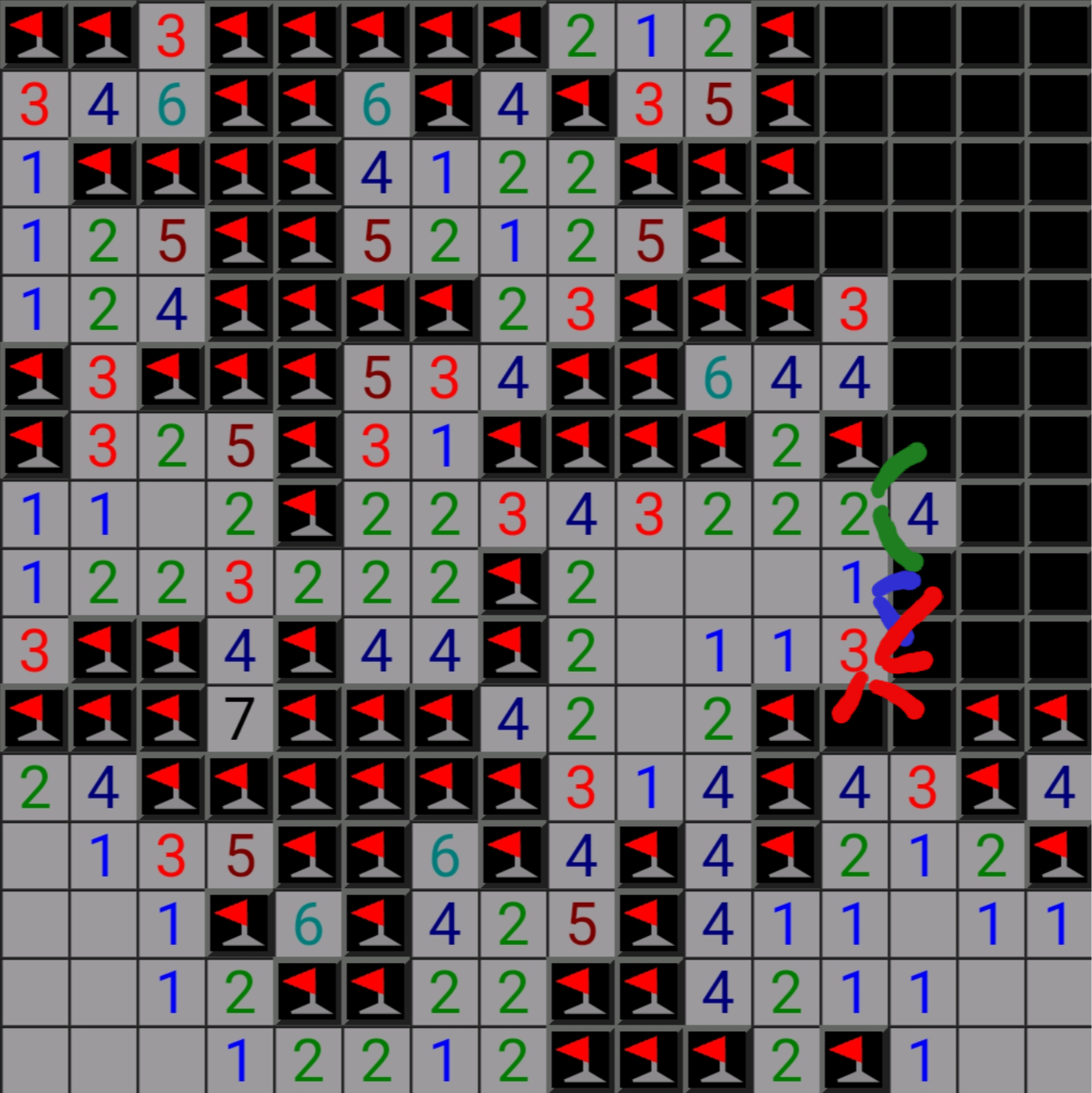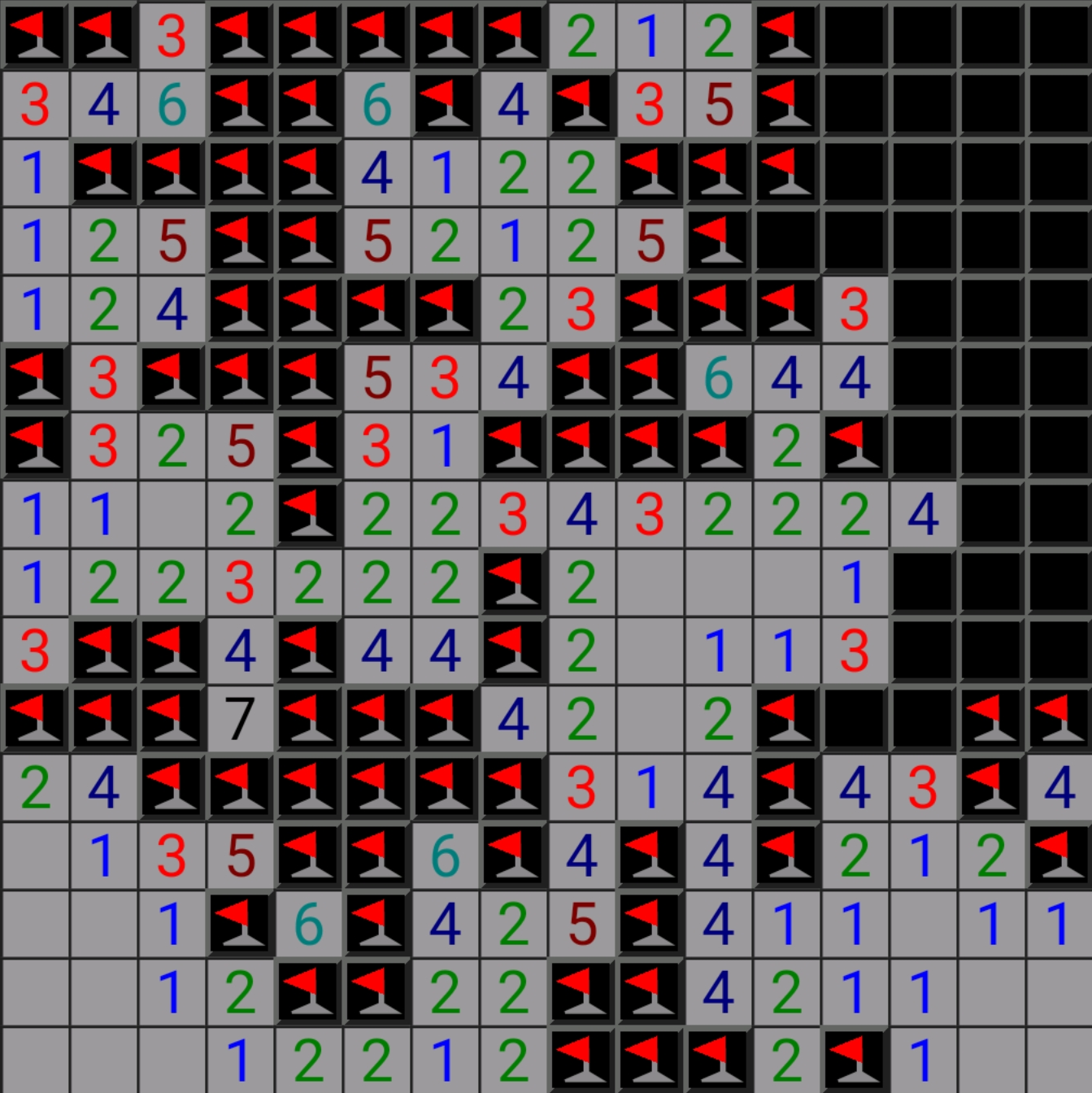Thank you for sharing--that was a really neat demonstration, and I enjoyed seeing all the troubleshooting as well. Will definitely be subscribing and checking out more of their videos!
AernaLingus
Thank you for sharing and for translating! As someone who remembers the wall-to-wall bloodthirsty coverage of 9/11 and the ensuing war on American TV, I was really shocked to see such a frank assessment of the situation in the immediate aftermath of the attack. I mean, I know intellectually that there was global grassroots opposition to the war, but it's not something I was exposed to much except through the filter of the jingoistic media, and certainly not at length like this. Would you say that this was more or less in line with how the Norwegian media approached 9/11 and the nascent War on Terror at the time?
No worries! Idk anything about Webtoons but I'm guessing the canvas version is sorta like a web novel and then the newer one is like when a web novel gets picked up, polished, and published as a light novel? I'll just go for the newer one 
Ty for the recs! For Winter Before Spring, which version should I read? Seems like there's an earlier, finished version and a newer, ongoing version
Yeah, I definitely experienced whiplash going from Rose of Versailles to Dear Brother... . I'd say the main reasons I'm glad I watched it were
- I got to experience more of Riyoko Ikeda's work (for better or for worse)
- The aesthetic sensibilities are way different than what I would usually watch (both due to era and genre)
- There are some lovely piano pieces in the OST
As just a show to enjoy, I'd be hard-pressed to recommend it, and if it had been something airing this season without the historical factors I might have dropped it, especially given the length. It's pretty telling that I really had to restrain myself from bingeing Versailles no Bara but I only had one or two days where I watched two episodes of Dear Brother instead of my usual one. Also I vaguely recall seeing that it influenced Revolutionary Girl Utena? That'll probably be the next long show that I watch, so I'll be keeping my eyes peeled for any influences.
I've heard good things about both of those LNs, so I'll definitely check them out! I'm nowhere near the book-a-day speed of my youth, but hopefully by next month's thread I'll be able to give my impressions of at least one of them.
Anime
I watched both of the anime adaptations of Riyoko Ikeda's works (both directed by Osamu Dezaki) in release order:
Rose of Versailles (1979): Absolutely loved this anime. It's very much a product of its time, so you can expect a pretty different art style and soundtrack, but it's held up amazingly well and I'm kicking myself for waiting so long to watch it. The anime takes place in the decades leading up to the French Revolution and Ikeda's leftist ideals are plainly on display throughout. It's got action, romance, class politics, palace intrigue, and plenty of Gender™. The show does a wonderful job in creating all these heartwrenching moments by playing on the viewer's knowledge of the ultimate historical outcome. I would recommend the show wholeheartedly to just about anyone, but I do have to give a CW for SA due to one brief scene which comes completely out of left field. It's basically the one blemish in the entire 39 episode series for me, and IMO is completely unnecessary (my headcanon for the story is that it just doesn't happen).
Dear Brother... (1991): I'm glad that I watched this anime and enjoyed it overall, but unlike Rose of Versailles this would be a tough recommend for me. Right off the bat, I'd have to give a HUGE CW for suicide and a substantial CW for abusive relationships; they are both central themes of the show, so (unlike Rose of Versailles) it's not something you can skip past. There is also drug abuse, but unlike those other two topics I didn't find its portrayal to be particularly visceral (perhaps on account of drug use being a much less visible issue in Japanese society), although your mileage may vary.
It definitely caught me off-guard that a show about the French Revolution was so much more lighthearted than Dear Brother..., which takes place in Seiran Academy, a private all-girls school which has a unique custom of a sorority which consists of a select few members of the student body (again, the class politics are on full display). The show is quite dark--perhaps melodramatic for some people's tastes, but I enjoyed it all the same.
I think its main weakness is its length--the pacing can be quite uneven. It's notable that the source material was only three volumes of manga, which pales in comparison to the 10 volumes of Rose of Versailles despite their anime adaptations being the same length--I'm quite curious to read the manga. I'm also just generally curious about the production and reception of the show in Japan, since it tackles some really difficult topics for a show aimed at young teenagers, and not necessarily in the most delicate way. Neither English nor Japanese Wikipedia has much info, so I suspect I'll have my work cut out for me.
Oh, almost forgot...this show ALSO has a component that I find off-putting, although it might be a spoiler to talk about it. This might be another of those "product of the times" things, but...yeah.
Manga
Oops, all yuri!
The Summer You Were There (2020): I really enjoyed the dynamic between the main pair, and the art is quite nice to look at. While the broad strokes of the plot are pretty straightforward, I liked the convolutions that the author added which made it an engaging read.
Doughnuts under a Crescent Moon (2019): Short and sweet four-volume office romance. The characters are super likeable, and their halting progress is cute to watch. I ended up finishing this one in a day.
Definitely looking for more yuri recommendations! Some other yuri manga I've enjoyed are How do We Relationship?, She Loves to Cook and She Loves to Eat, I Can't Say No to the Lonely Girl, If I Could Reach You, and The Guy She Was Interested In Wasn't a Guy at All (the first two are my own top recs). The ones I'll probably read next are Bloom into You (I've given up on getting an S2 of the anime  ) and This Monster Wants to Eat Me.
) and This Monster Wants to Eat Me.
Light Novels
The Apothecary Diaries (2011): In preparation for S2 of the anime, I thought it would be a good idea to dive into the LN and read up to the end of S1 to refresh my knowledge of the plot (in particular the characters and their relationships) and also get additional detail that will inevitably be missing from the show. I've only just started, but I've enjoyed what I've read so far!
Would also be interested in recs for yuri light novels as well--the one that comes to mind is I'm in Love with the Villainess, but I basically know nothing about LNs in general. Idk, I read this short WLW fanfiction recently and I literally can't stop thinking about it so I feel like I should feed that impulse and try to just read some actual books as well. I'm slowly rediscovering the power of the pure written word when it comes to fiction; I read absolute boatloads of novels as a kid and then it completely dropped off a cliff once I went to uni, so it's been quite some time since I've read fiction regularly and I'm trying to ease myself back into it.
I haven't been motivated to actually play any vidya recently, but I love flipping through old video game magazines. Other than the obvious nostalgia rush, it's also interesting to observe the general tenor of reporting and how people thought about games or systems in the moment. Like, I looked at the issue that was mentioned right below this one at time of commenting (Next Generation February 1998) and in their coverage of Space World '97 they were pretty skeptical about Nintendo going all-in on Pokémon:
U.S. gamers will be forgiven for raising an incredulous eyebrow at Yamauchi's grim view of the videogame market and for asking, "What the hell are Pocket Monsters?" But Space World is a show for the Japanese market, and Yamauchi was addressing specific Japanese concerns. In Japan, Pocket Monsters on Game Boy is both the best-selling game of 1997 and the best-selling Game Boy cart of all time. It's provided a much-needed boost for Nintendo in an otherwise tough year, although whether it will settle into a long-term stable market or succeed anywhere outside of Japan is doubtful.
I'm not at all blaming the reporter for not being a soothsayer, but imagine going back and telling them that this was gonna become the most profitable media franchise of all time!
In the same issue this emulation story is taken from (November 1998) they have an extensive preview of Sonic Adventure for Dreamcast which has a reminder of a very different console-PC paradigm:
The graphics are, quite simply, phenomenal: fast, high-res, and with a mind-boggling number of polygons on screen at once. Still, they look fundamentally "console" in nature: Those who think that Dreamcast might just produce PC-like graphics appear to have nothing to worry about.
If you're interested in perusing these mags for yourself, definitely check out the recently-launched archive.gamehistory.org from the Video Game History Foundation. They developed a custom OCR solution for the magazines that works incredibly well, so if you wanna find every mention of Superman 64, knock yourself out!
I would berry my shid so far inside your pants that anyone who pulled it out would be crowned King Farter
We should switch to using 凸/凹 because
- they're descriptive (convex/concave)
- their meanings are clear from their form
- they're fun to say in Japanese: deko(mi) and heko(mi), respectively, and if you stick them together you get the cute dekoboko which means "bumpy" or "uneven".
天下大乱,形势大好。


Oh yeah, it's brain drain time.